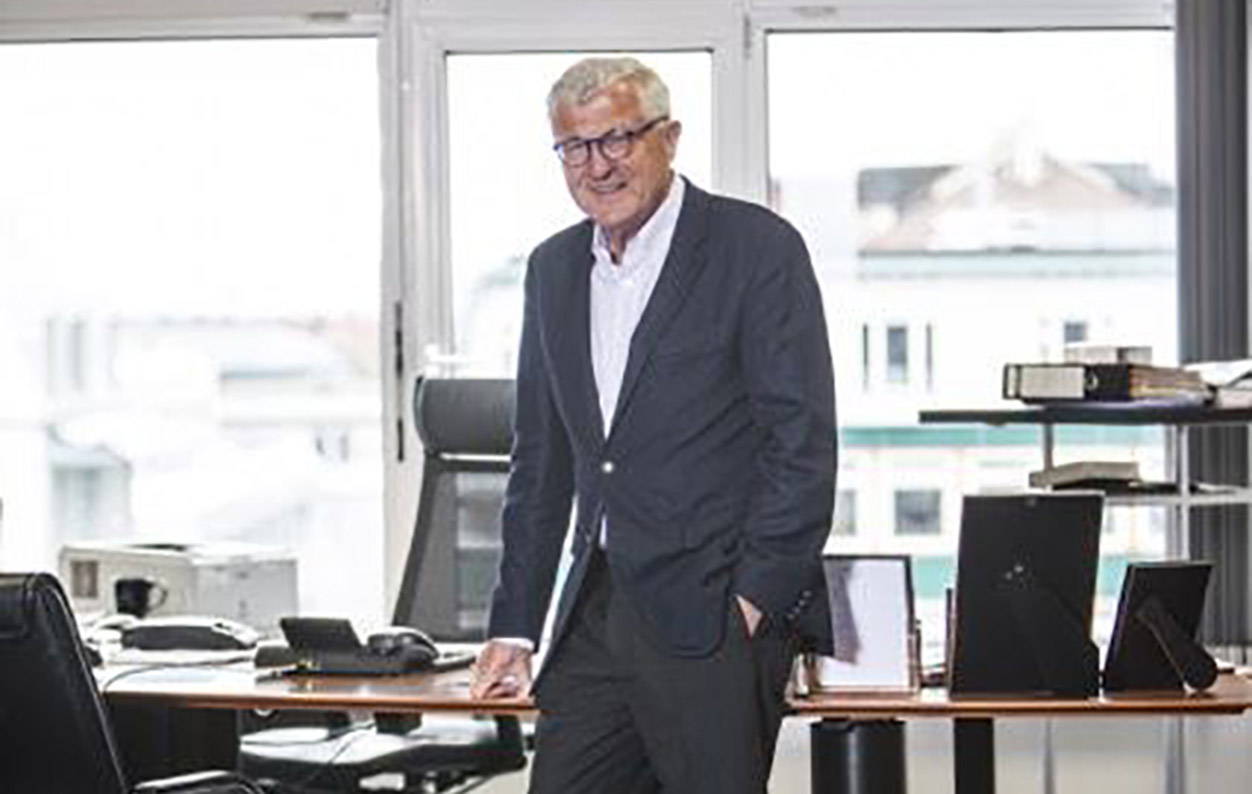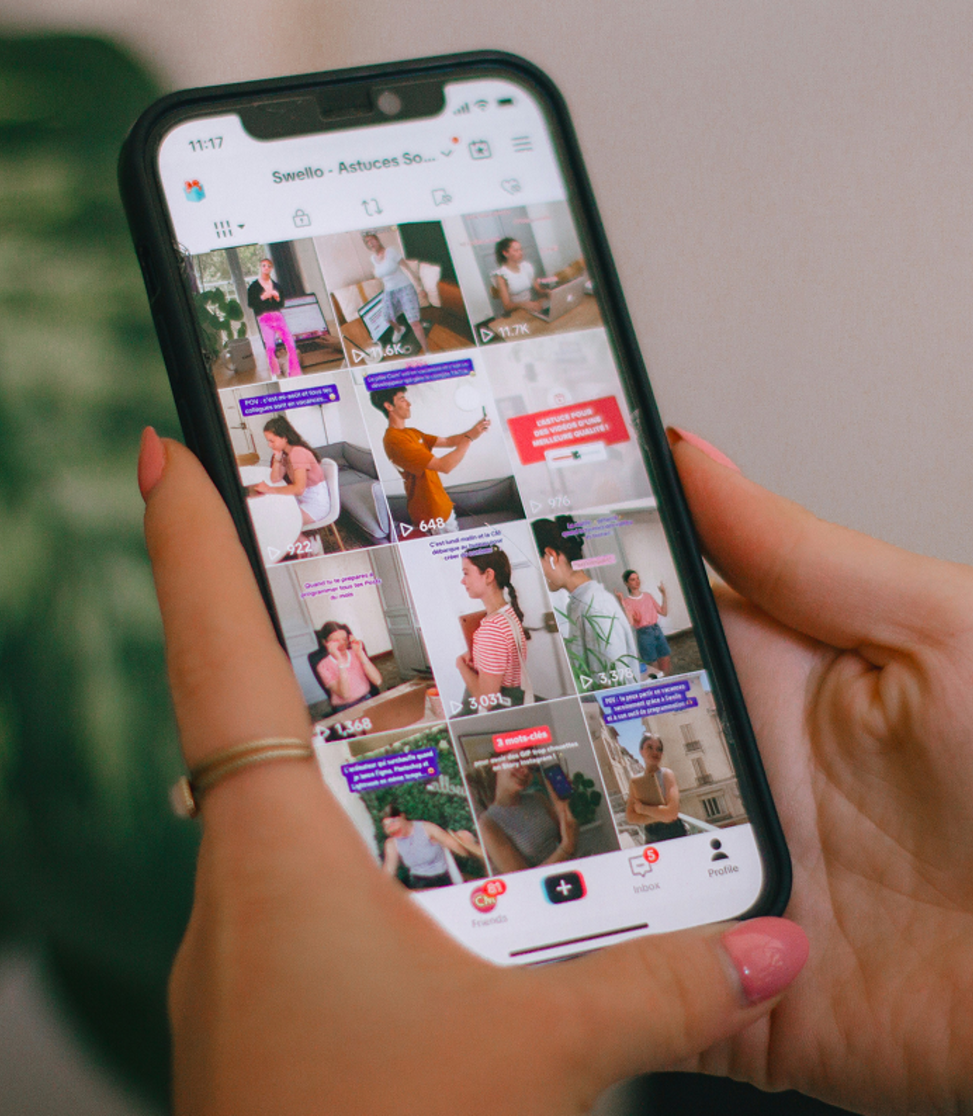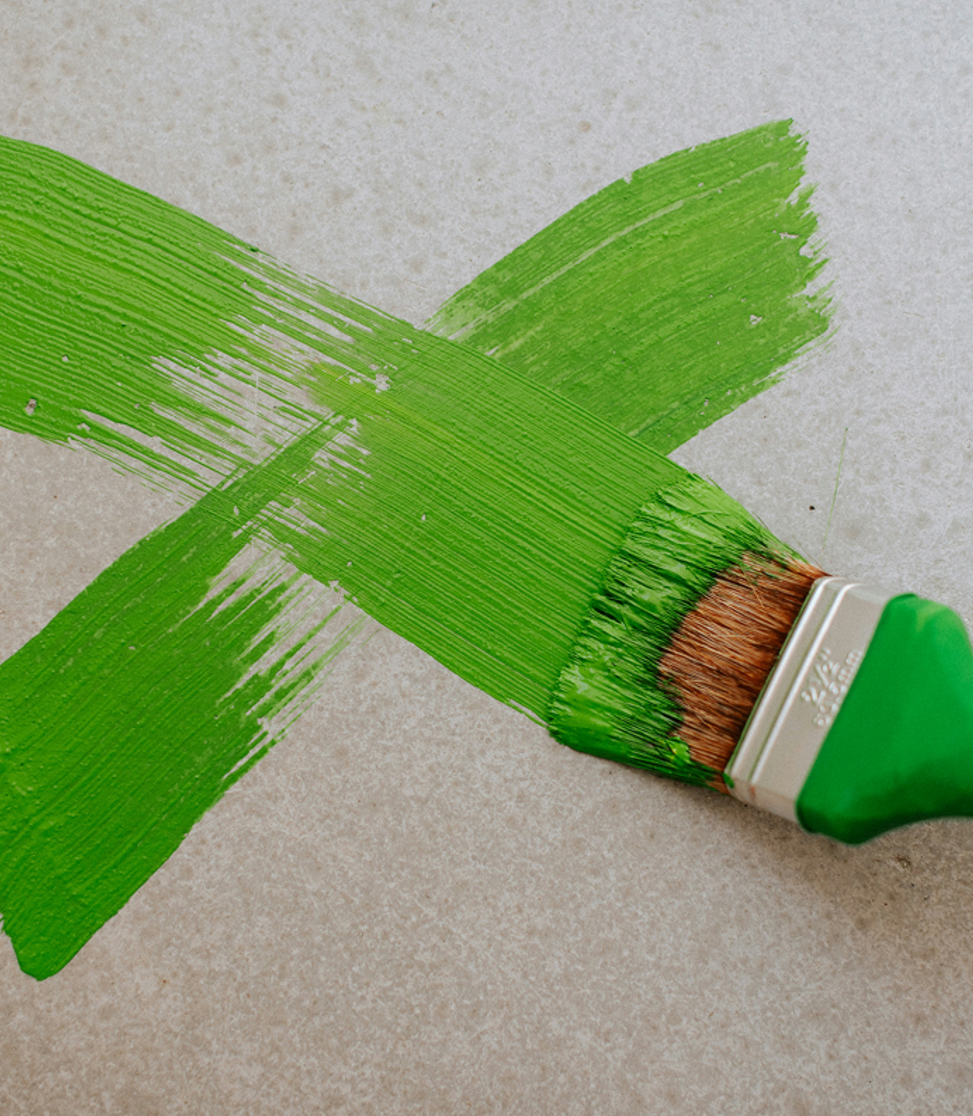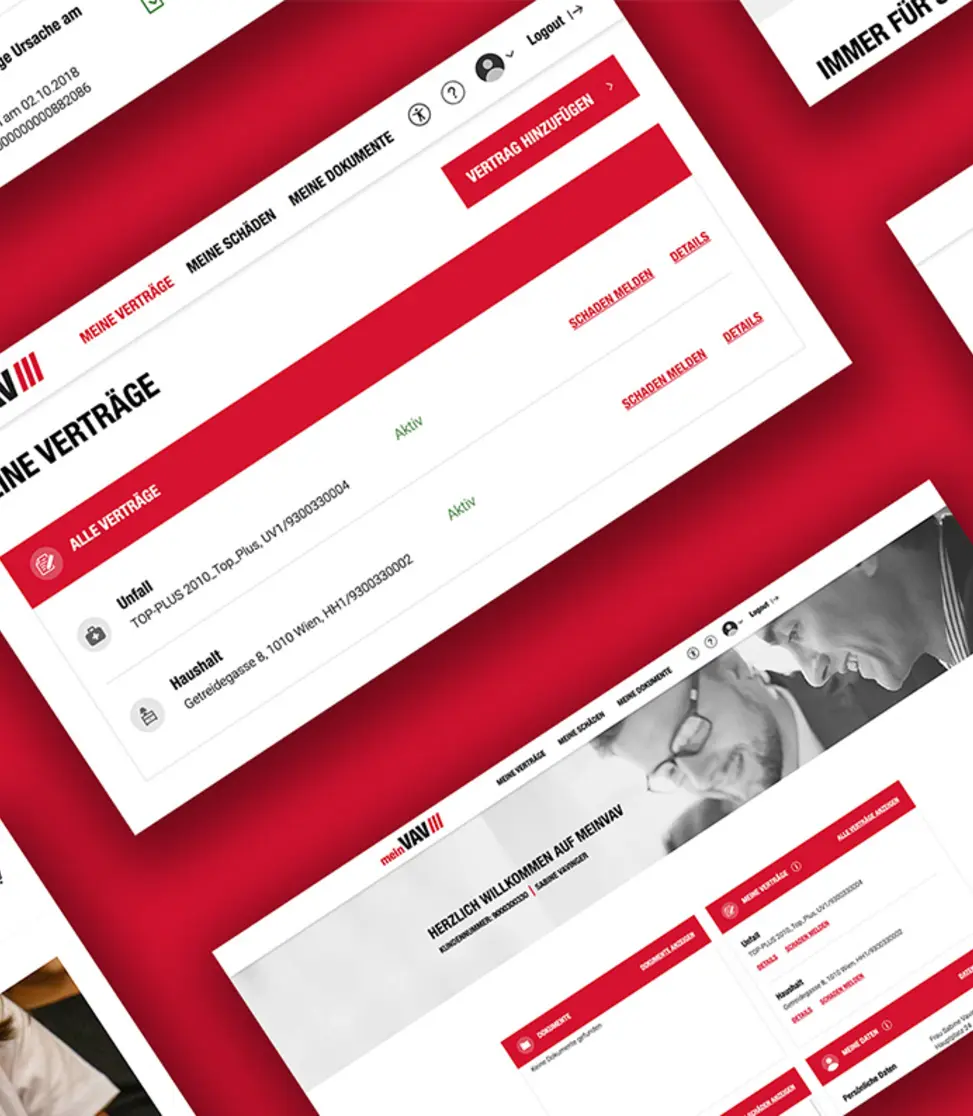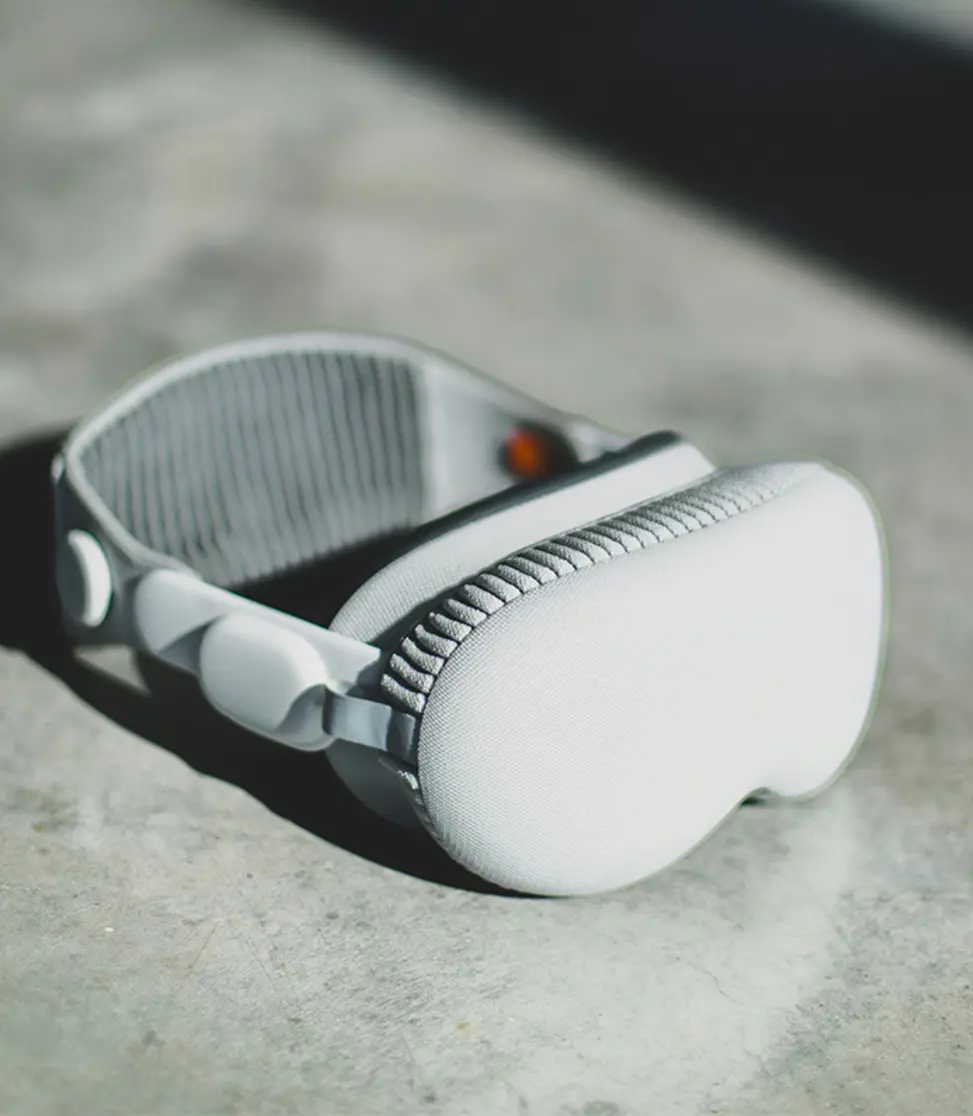// Mr Ippen, Martin Luther once said: "Even if I knew that tomorrow the world would go to pieces, I would still plant my apple tree". Would you still start a newspaper today, in times of Corona and digitalisation?
Dirk Ippen: A difficult question. I certainly wouldn't do it the way we did in the past. But maybe on a small scale; after all, the interest in local issues is still there. I can see that in our small newspapers. People are proud if they still have their local newspaper. And the local business people also place their ads there. Of course, it's no longer enough to print newspapers on paper, because now you have to operate in multimedia. Nevertheless, I have no illusions about the state of the industry. Newspapers have long been shifting from the mainstream to a niche market.
// Many see the media industry in a serious crisis. First, digitalisation attacked the business models and then Corona reduced advertising revenues. How do you see the situation?
Dirk Ippen: Corona has accelerated a development that has been going on for a long time. Advertising revenues have come under additional pressure because some traditional advertisers of local dailies, such as department stores, have lost sales due to the shift to e-commerce and are therefore doing less advertising. In addition, newspapers mainly have older readers, but advertisers also want to reach young people. This obviously works better via digital media and social networks. One should have no illusions – the print business is weakening. That's why there's no major publishing house in Germany today that isn't strongly active in the digital world as well. But the challenge is quite extreme.
// Dr Dirk Ippen, born in 1940, studied law in Freiburg, Hamburg and Münster, and earned his doctorate in 1967. Since 1968, he has worked as editor-in-chief and later as managing director and publisher at the "Westfälischer Anzeiger". Today, he is the publisher of Münchener Zeitungs-Verlag GmbH & Co. KG, which has over 100 different newspaper titles in its portfolio. Your publishing group is coping relatively well with the difficult situation. What are you doing better?
Dirk Ippen: My group was built up from many small and medium-sized regional newspapers; we didn't have any big city newspapers. In the early years, however, it was the big city newspapers that flourished because of the classified advertising business, while the local papers were more humble. Today, the classified business has almost disappeared. The smaller newspapers, which were traditionally leaner for economic reasons, are of course better off now because they don't have the overhead that the big city papers have to tediously reduce. The fact that we never had all this overhead is now proving to be advantageous.
// This was certainly accompanied by a portion of active management.
Dirk Ippen: That's true. In my experience, this is easier in owner-managed companies that don't have to coordinate in countless committees. Non-family managers can be quite capable. But I also see in some establishments how managers are constantly busy preparing paperwork for their supervisory boards and shareholder representative meetings. An owner-managed group can make and implement decisions a little more quickly.
// But perhaps there are still too many fair-weather managers in the industry who dream of the old days when double-digit returns on sales were the rule?
Dirk Ippen: [laughs] This judgement is a bit too harsh for me. In the end, it applies to all of us. In earlier years, the newspaper industry was spoiled beyond measure. Having a newspaper in a certain area was almost like a gift from God. Even average publishers who were busy with other nice things in life and didn't pay attention to the costs were able to be successful back then. And the efficient ones were even more successful.
„Tempi passati ...“
Dirk Ippen: Indeed, the markets have changed massively. This is a huge challenge for today's publishing managers.
// You have repeatedly bought struggling newspapers and brought them back on track, the "Münchner Merkur" for example or the "Frankfurter Rundschau". Are there good buying opportunities again now?
Dirk Ippen: The Cologne group has been for sale for a long time. And if the advertising slump continues like this, it will certainly be possible to buy more newspapers. Only later will it become clear whether these were good buying opportunities. In America, we're currently experiencing a rather cautionary example. A group of investors is buying struggling newspapers and then handling them like a demolition company. They bought a large regional newspaper and then just cut the workforce in half.
And so it went on. They earn money, but that has little to do with my understanding of the media and how to deal with journalists. Restructurers and reorganisers are rarely popular.
Here, thank goodness, we've never had such situations. Of course, I was only able to buy the "Münchner Merkur" because it was in trouble at the time. But those were home-made problems. We had to reduce staff, improve the organisation and motivate the staff. But nowadays, a lot of things have already been cut back in the newspapers.
// For you, the readers of the local newspapers always came first. Have many other publishers neglected that?
Dirk Ippen: Certainly, but they had an honourable reason for doing so. When I was a young publisher, most people learned about world politics from the big city newspapers. Their editors were mainly proud of the politics section of their papers; the local section did not play a significant role. With us, it was, naturally, different. If you're the publisher of a local newspaper, you also have to cover world politics. But the newspaper exists primarily because of local reporting. We've always seen its importance, and more than that, we've tried to embrace the reader. Actually, back then we anticipated in the newspapers what Facebook is doing today, i.e. community building, as they say.
// Mr Ippen, at almost 80 years of age you are still getting involved, writing columns and articles. Do you stick to the old journalist motto, "Publish or perish"?
Dirk Ippen: [laughs] Yes, I've always enjoyed writing. It's also brought me into conversation with a lot of readers. The feedback is often helpful. I learn things from readers that always give me the opportunity to call one of our local editors and ask: What's going on with you? A reader has stated this or that. It may not be true, but it always gives me a reason to ask. In this way, we've been able to improve several things in the publishing house and in the editorial offices.
// Thank you very much, Mr Ippen, for your time and the informative interview.

